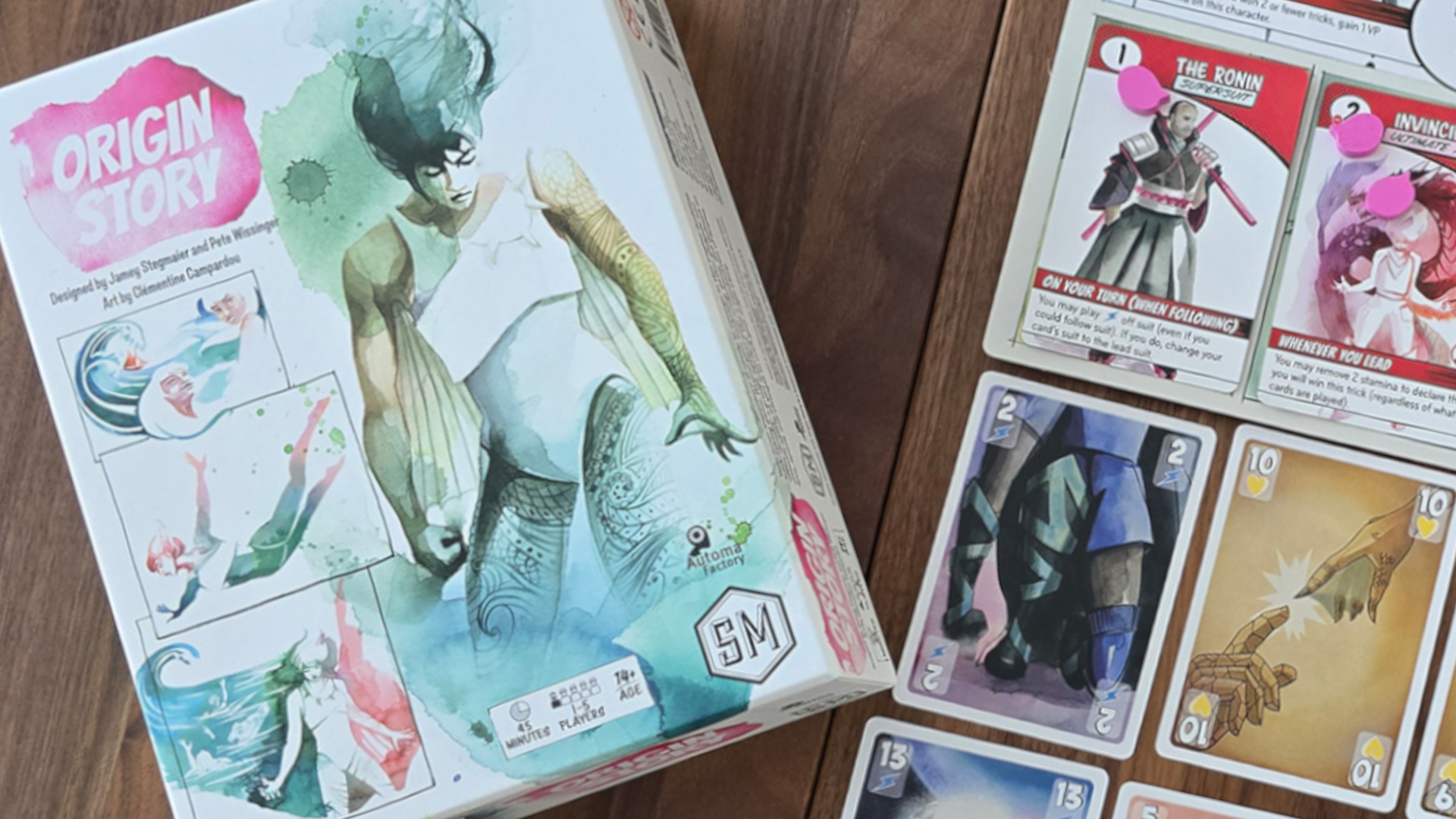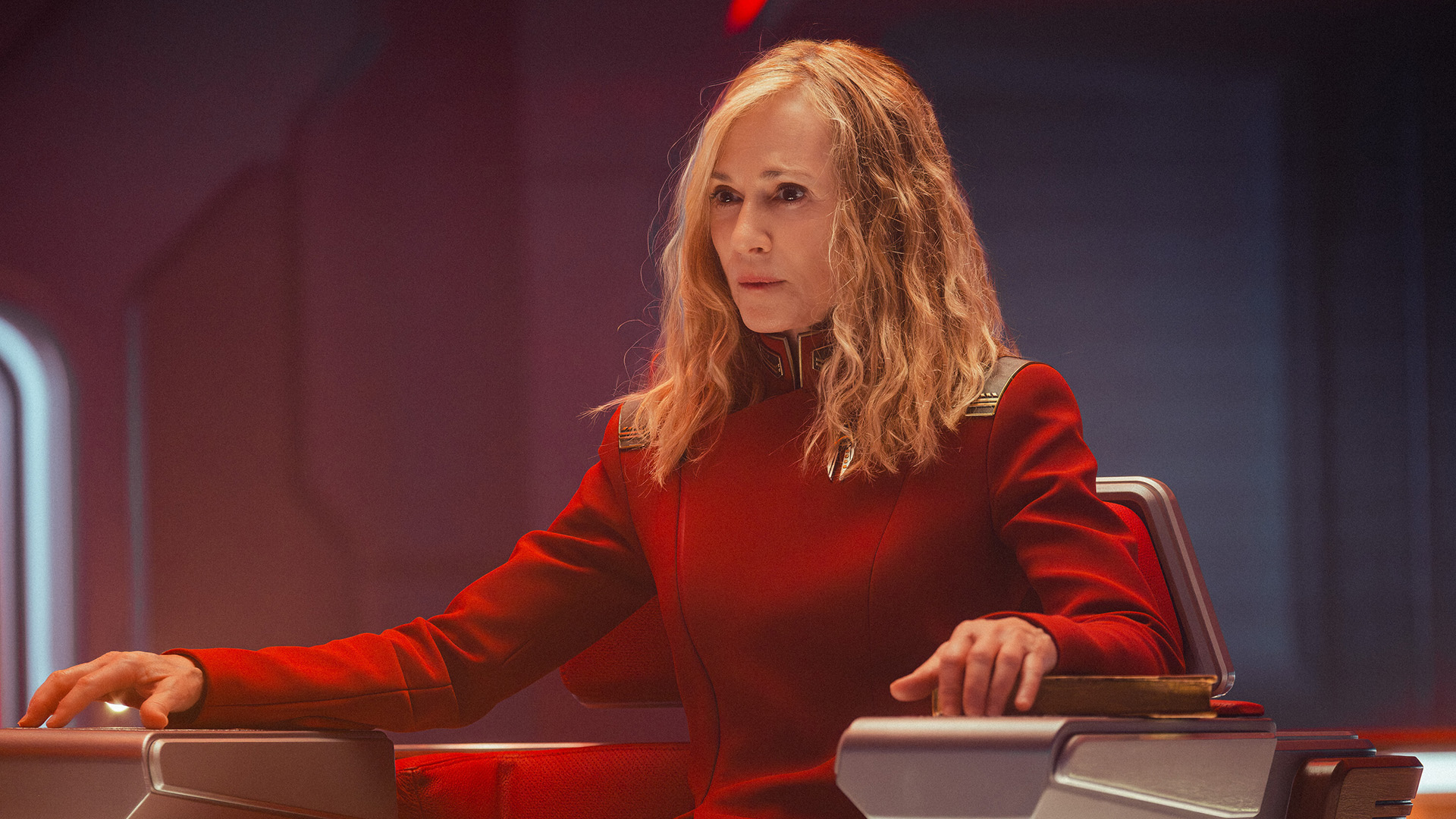Anime is more mainstream than ever, and Demon Slayer stands out as the franchise to beat
With Demon Slayer: Infinity Castle about to explode into cinemas, here's how Demon Slayer became the most successful anime in the world
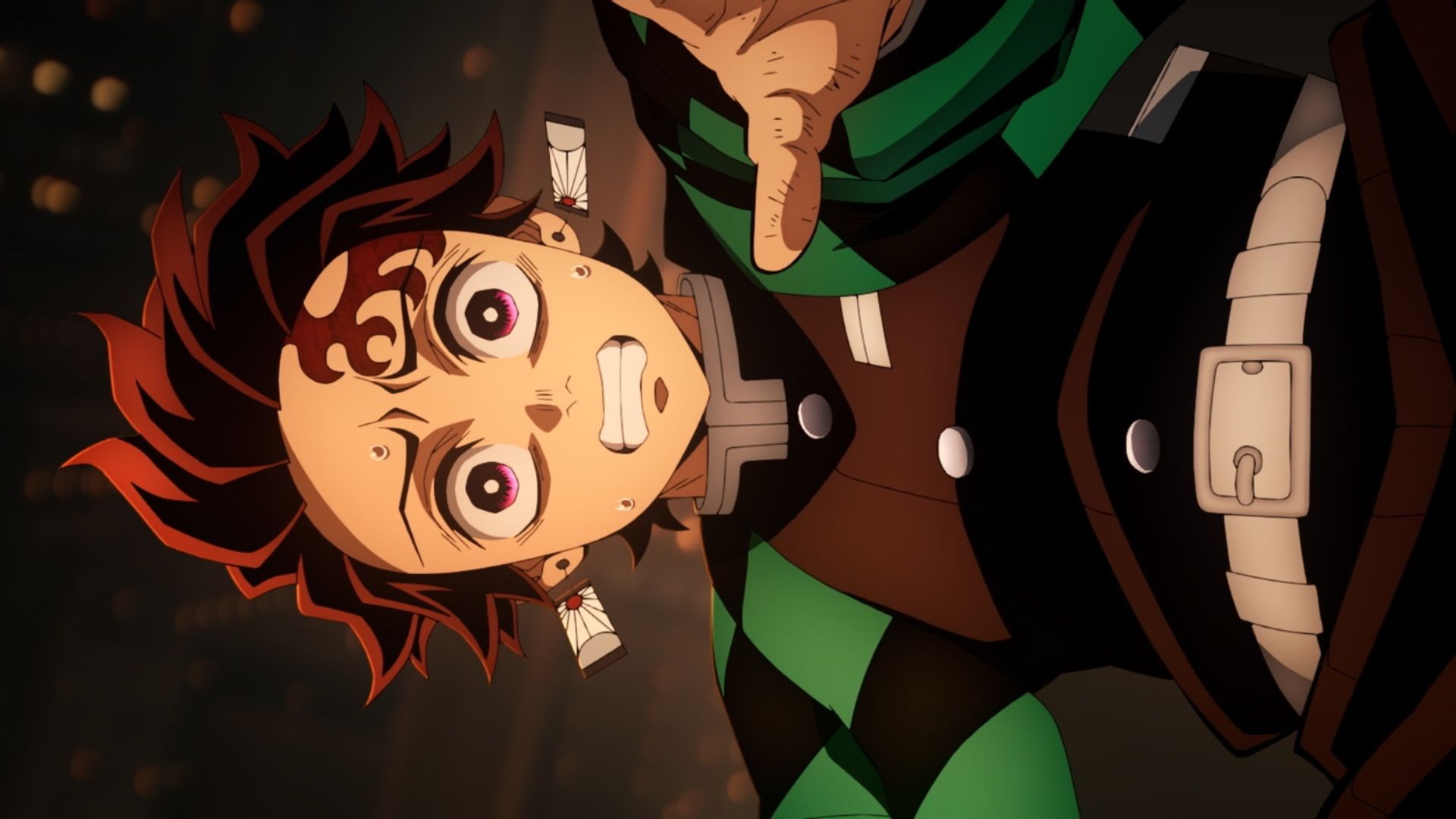
For Tanjiro Kamado and his fellow demon slayers, the Infinity Castle is an imposing stronghold, endless in scope and potential. It's rather fitting, then, that Demon Slayer: Infinity Castle itself will end in such a location because the same can also be said for this franchise as a whole.
Ahead of its Western release, the first chapter of Demon Slayer's concluding trilogy is cutting through the competition and box office records. Variety reports the best first-day presales for an anime film ever, pushing Infinity Castle ahead of Mugen Train, the previous Demon Slayer film, which also smashed records back in 2021.
The achievements go on, and more are being added every day, to the point where listing them risks dating this piece almost immediately, as new records continue to be broken and the numbers keep going up.
Suffice to say, Demon Slayer: Kimetsu no Yaiba Infinity Castle could quite easily end up becoming the most successful anime film of all time — both in Japan and internationally too — beating out undisputed classics like Your Name and Studio Ghibli masterpieces such as Spirited Away.
So what is it about this story of a boy slaying demons that has so swiftly slain the competition?
Slay away
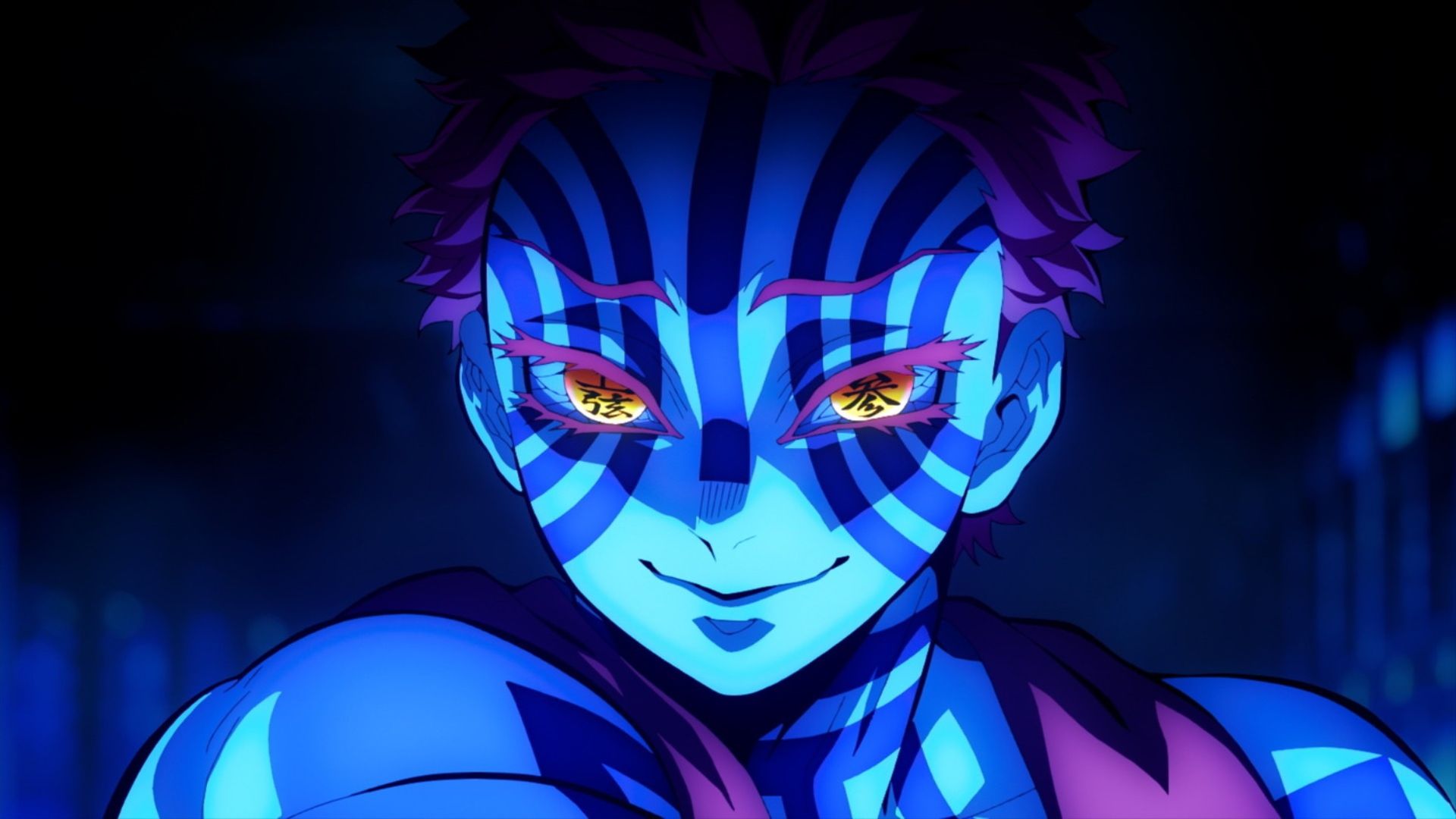
Anime in general is growing exponentially, of course, with even more growth projected over the next five years. What was once seen as niche and hardcore has now been embraced openly by the mainstream, with millions of new subscribers choosing anime streaming platforms each year. But even with so much increased interest and attention, it's Demon Slayer that stands out as the franchise to beat.
It helps that Koyoharu Gotouge's original manga is one of the best-selling ever in its native Japan. Unlike rival stories such as Naruto or One Piece, it's also far newer, joining the top ten bestsellers in just under ten years. But Demon Slayer wasn't an overnight success in the global market, at least not when it came to wider recognition onscreen.
While season one of the anime performed extremely well, it was the success of the Mugen Train film in 2020 that propelled Demon Slayer to global recognition. The release was a gamble for Ufotable, which chose to defy usual anime trends and release an entire arc first in cinemas (during the 2020 pandemic, no less).
That turned out to be the smartest move possible, though, hitting a perfect time between lockdowns in Japan when there was little else to see on screen. As a result, Mugen Train became not just the highest-grossing film of 2020, but the highest-grossing ever in Japan.
That, of course, led to much wider interest in both the manga and the anime series moving forward, which subsequently fed into more merchandise and higher demand for another theatrical release of that scale. Hence the move to screen each Infinity Castle film in cinemas exclusively.
However, it wasn't just a lack of competition that ensured Demon Slayer's popularity.
If looks could kill
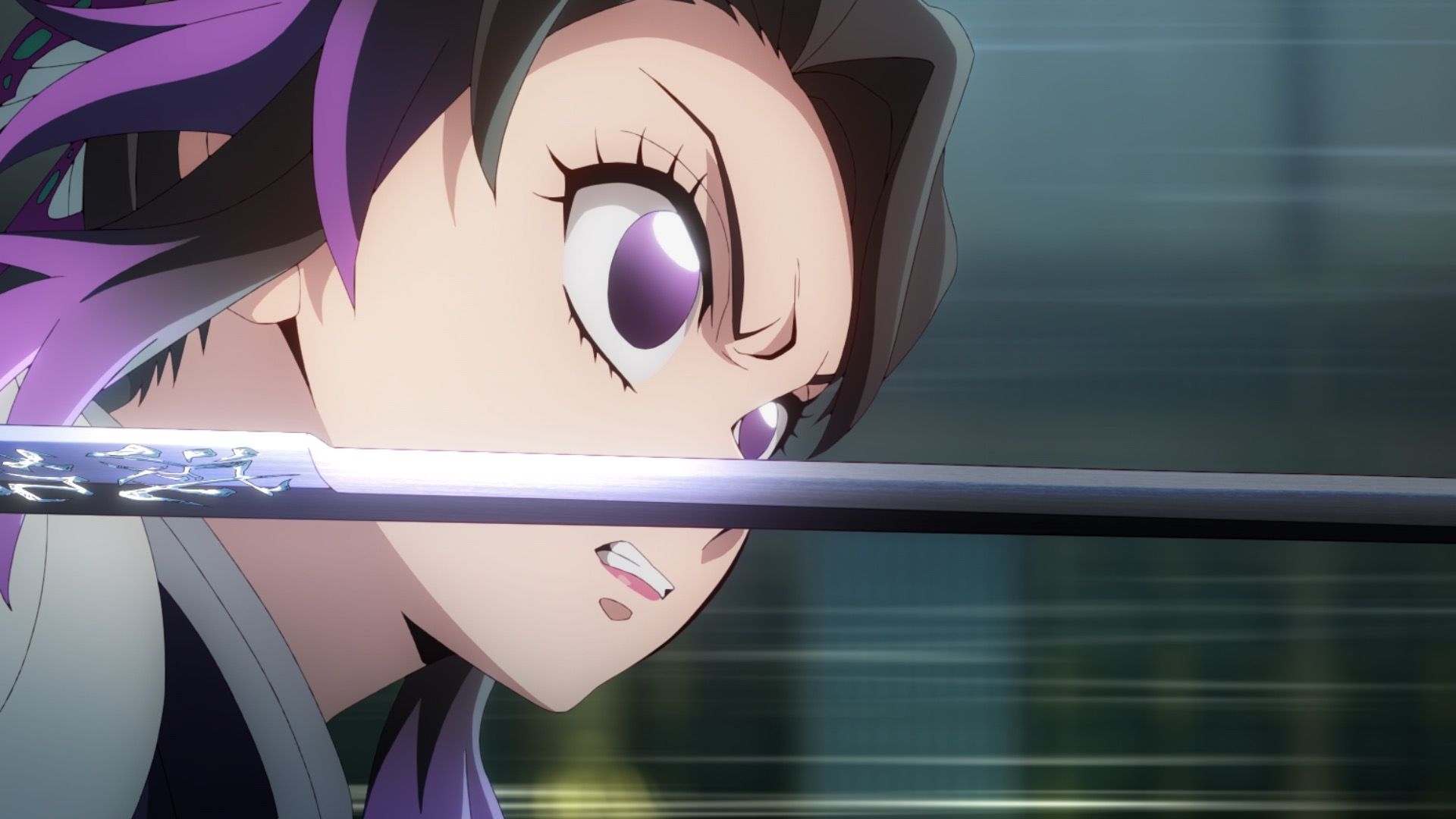
Much has been made of the animation, and rightly so. What Ufotable has achieved with Demon Slayer is nothing short of perfection, visually speaking. Even without any knowledge of the Taisho era, where this world is set, every frame of Demon Slayer is gorgeous to behold. The backgrounds are meticulously detailed, the character designs are incredibly striking, and the fights are about as fluid and epic as they can possibly be on screen.
But for those who are familiar with this time period, there are far more layers of meaning to discover, from the symbolism of outfits like Tanjiro's checkerboard coat to the artistic flourishes embodied by each sword slash (which harken back to traditional woodblock print art). Combined, this all anchors the fantastical world of Demon Slayer with a very real sense of time and place, one which Japanese audiences rarely see represented outside of traditional historical dramas.
It's not just the peak animation that accounts for how far Demon Slayer has come, however. Plenty of other popular anime shows are just as striking in their own way, including everything from Dandadan and Jujutsu Kaisen to Frieren, Attack on Titan, and Violet Evergarden.
Battle ready
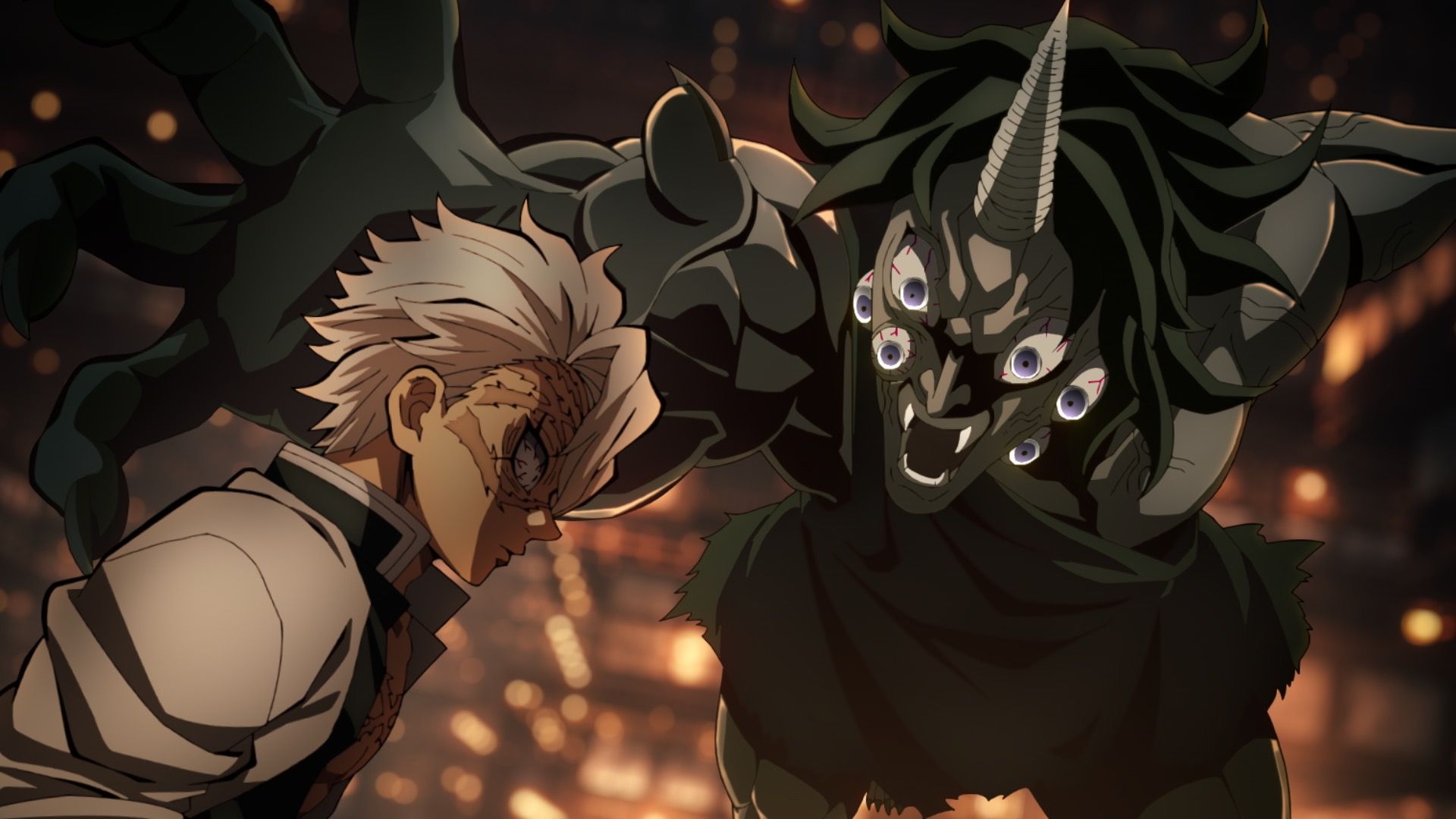
Beyond its technical artistry – which also includes a rousing score and other equally impressive sound effects – Demon Slayer appeals as much as it does because it does everything so well in a fun, easy-to-digest, accessible way. With this story, Gotouge and Ufotable found that incredibly rare sweet spot where they stick to a winning shōnen formula and perfect it without straying too far into something contentious or too divisive.
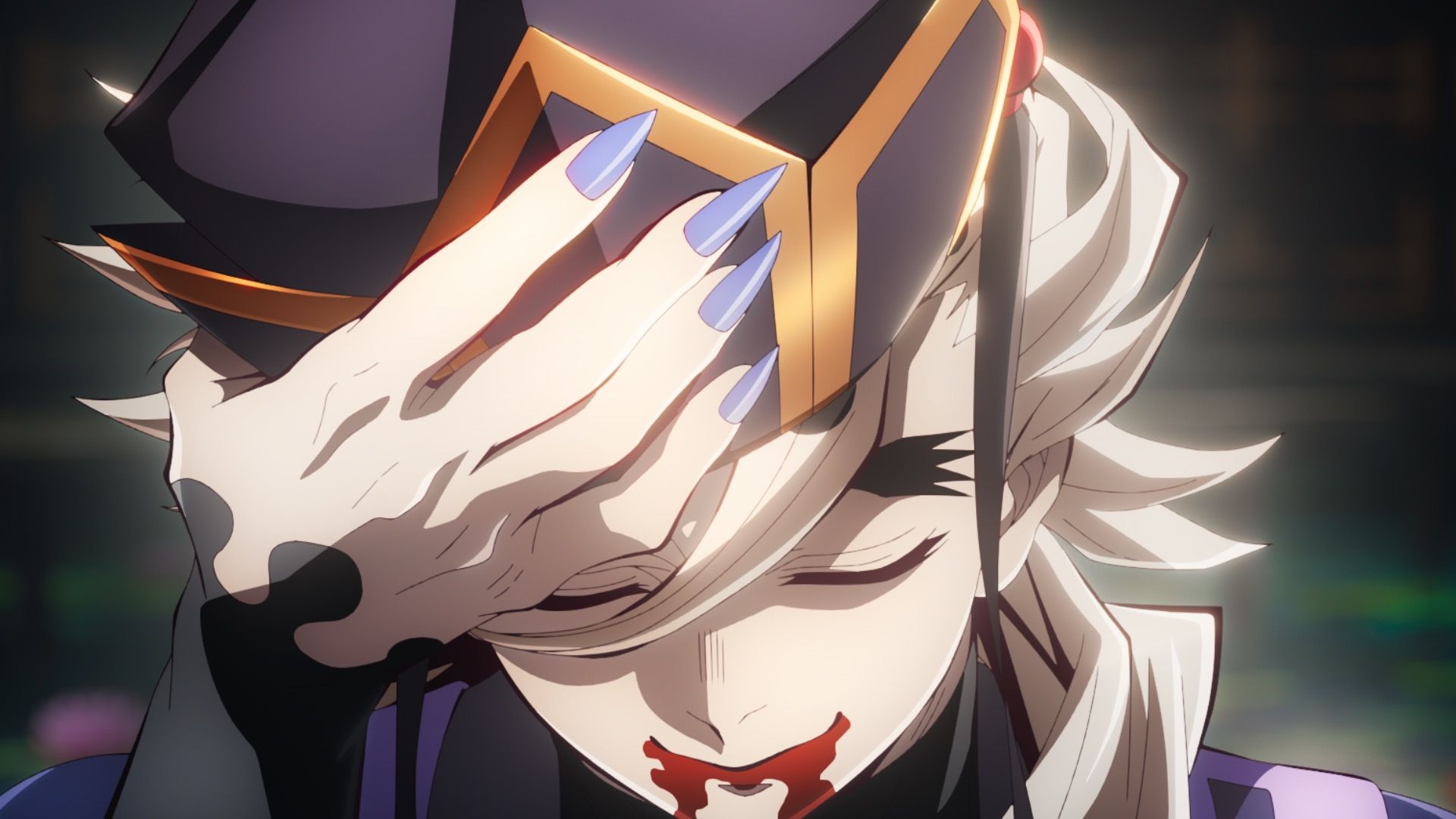
What to watch before Demon Slayer Infinity Castle – all essential and skippable episodes
The story is interesting, but easy to follow, the fights are magnificent, and there's just enough comic relief to balance out the darker themes. There's a lot to be said for the character design, too, where fans end up rooting not just for the heroes, but the villains as well. Thanks to flashbacks and unique visual flourishes, each character is humanized to a rare degree, including the non-human villains that viewers wouldn't usually care for.
Crucially, Demon Slayer achieves all this with concise story arcs that keep up the momentum without asking us to research decades of lore in the process. When the occasional lengthy flashback does threaten to slow things down, there's enough pacing in the magnitude of these stakes to keep fans watching regardless, and it manages this far quicker still than many other rival Shōnen.
Does Demon Slayer do anything particularly new? No, but everything about the series is extremely well-done, which massively helps account for its broad popularity and success. But does this mean the franchise risks losing relevance over time? If there's nothing groundbreaking about the show, it's tempting to suggest that Demon Slayer's reputation could potentially fade once the final Infinity Castle arc wraps for good. I don't think so.
Although Demon Slayer isn't especially innovative, it moves people regardless, and that's because of how proudly it wears its heart on its sleeve. There's nothing cynical or removed about the way Tanjiro fights for love and the good of humanity. There's no pretence, no need to try and be cool for the sake of it. As such, Demon Slayer connects in a deeply visceral way that guarantees the impact of this franchise will endure long after the story comes to an end, continuing on with endless potential like the Infinity Castle itself.
Demon Slayer: Infinity Castle releases in theaters on September 12. For more, here's how to watch Demon Slayer in order and our guide to all the best new anime heading your way in 2025.

With ten years of online journalism experience, David has written about TV, film, and music for a wide range of publications including Indiewire, Paste, Empire, Digital Spy, Radio Times, Teen Vogue and more. He's spoken on numerous LGBTQ+ panels to discuss queer representation and in 2020, he created Digital Spy's Rainbow Crew interview series, which celebrates queer talent on both sides of the camera via video content and longform reads. Passions include animation, horror, comics, and LGBTQ+ storytelling, which is why David longs to see a Buffy-themed Rusical on RuPaul's Drag Race.
You must confirm your public display name before commenting
Please logout and then login again, you will then be prompted to enter your display name.
